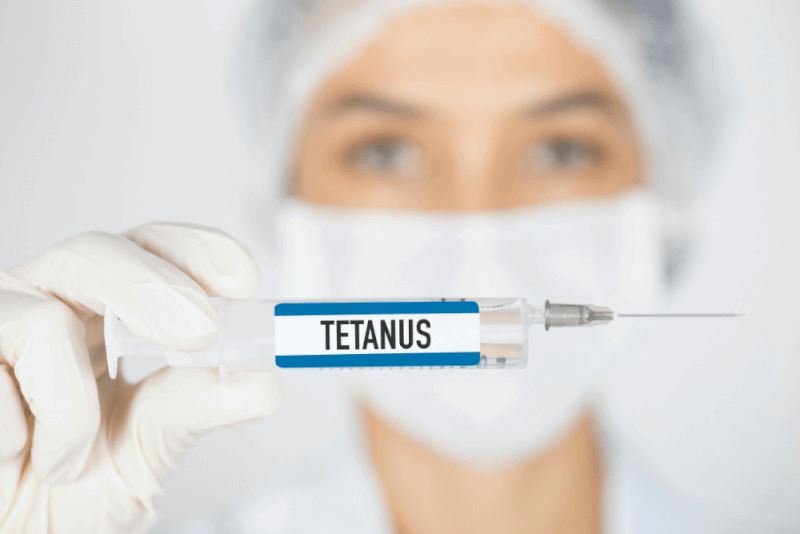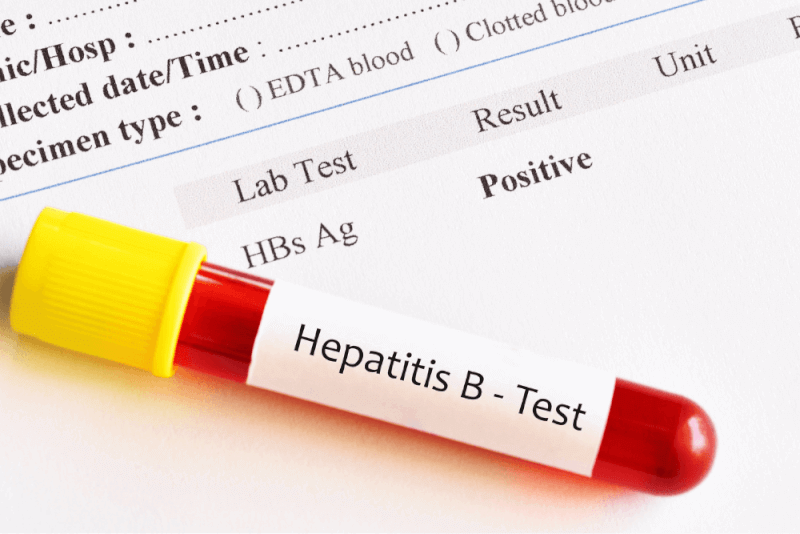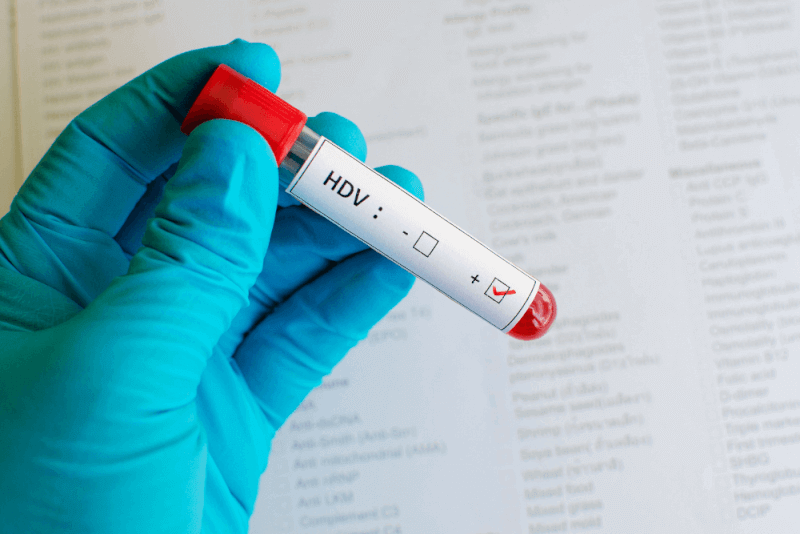What is Tetanus?
Tetanus, which takes its name from Greek, means contraction. Caused by a bacterium called Clostridium tetani, tetanus is a potentially fatal disease that affects the nervous system. The clinical features of tetanus have long been known is a disease. In fact, it dates back to 1600 BC. Clinically, tetanus is observed in 4 different types.
Generalized tetanus, the most common form of tetanus; jaw locking, sweating, tachycardia and is characterized by symptoms such as hypertension. Neonatal tetanus is a type of tetanus that occurs in newborns and is caused by improper care of the umbilical cord. On the other hand, neonatal tetanus is a type of tetanus that progresses more rapidly because babies have shorter nerve cells. Cephalic tetanus observed after head injuries involves the cranial nerves. Finally, the least common variant, local tetanus, is only observed in the case of a single muscle. However, it may later progress to generalized type.
Symptoms of Tetanus
The symptoms of tetanus are very characteristic. These symptoms
- Fast heartbeat,
- Hypertension
- Sweating
- Fire,
- Experiencing prolonged and painful spasms even with very mild stimuli,
- Stiffness in the abdominal muscles,
- Difficulty swallowing,
- Stiffness in the neck muscles,
- Locking and stiffening of the jaw muscles,
Causes of Tetanus
The bacteria that cause tetanus can live both in mammals and in soil. These bacteria or their spores enter people's bodies through abrasions and wounds on their skin, enter the bloodstream and begin to multiply. The incubation period of the bacteria is 8 days on average. However, since this period varies from patient to patient, it can vary between 3 and 21 days. When this toxin in the body reaches the brain stem or spinal cord, it causes the nerve cells here to deteriorate. The transmission is also impaired due to impaired nerve cells. For this reason, patients experience involuntary contractions.
Almost all tetanus cases worldwide have occurred in people who have never been vaccinated or who have not received the 10-year booster vaccine. There are some factors that increase the risk of tetanus that is not transmitted from person to person.
- Non-vaccination
- Failure to update vaccinations,
- Injuries that can cause bacteria to enter the body,
- Insertion of a foreign body such as a splinter, needle or nail,
- Body piercing
- Tattoo,
- Wounds caused by injections,
- Multiple fractures of the bones,
- Burn,
- Surgical wounds
- Insect bites
- Drug use with an injector,
- Insect sting
- Infected foot ulcer,
- Tooth infections,
- Umbilical cords of babies born to mothers with inadequate immunizations,
How is Tetanus Diagnosed?
No special tests are needed to diagnose tetanus. A close history and a detailed physical examination are sufficient to diagnose tetanus.
Tetanus Treatment
There are no medicines available to treat tetanus. Because once tetanus toxins bind to nerve cells, there is no possibility of removing the toxins. For this reason, tetanus can only be fully cured by the formation of new nerve endings. New nerve endings is a process that can take months. On the other hand, some treatments can help to stop the progression of tetanus and prevent symptoms.
Cleaning the wound
The first step in tetanus treatment is to clean the wound. In particular, dead tissues in the wound tissues should be cleaned as they provide an environment for the growth of bacteria.
Antitoxin
This treatment is used in the presence of tetanus toxins that have not yet bound to nerve endings. Treatment using an antitoxin called tetanus immunoglobulin ensures that tetanus toxins bind to the antitoxin instead of to nerve cells.
Antibiotics
Since the disease is caused by a bacterium, antibiotic treatment is also used, both orally and by injection.
Other Drug Treatments
Drugs such as beta-brokers and magnesium sulphate are also used to relieve involuntary contractions and regulate muscle activity.
How to Prevent Tetanus?
Tetanus is a disease that can be easily prevented by vaccination. Tetanus vaccines, which have been administered safely for many years, are administered from infancy. The first tetanus vaccine is given to babies aged 2 months. Then reinforcement doses of 4, 6 and 18. is applied in the month. Then 48 and 72. It is also included in the quadrivalent mixed vaccines during the months. Children 13. adult diphtheria and tetanus vaccine is administered when the child reaches the age of 18. This booster vaccine is also administered to adults.
Adults who have never been vaccinated have a different vaccination schedule. It is 2 weeks between the first and second dose of vaccine for adults. 3 after 6 months. dose is administered. After that, booster vaccinations are required every 10 years.
Tetanus Vaccine in Pregnancy
Due to the vaccination policy implemented in our country, tetanus vaccine is administered to pregnant women. According to the pregnancy follow-up guideline, pregnant women who have never been vaccinated should receive at least 2 doses of tetanus vaccine. There should be 2 weeks between both doses of vaccine. Vaccinations for pregnant women 27. and 36. between weeks. If tetanus vaccine was administered due to contact in early pregnancy, then there is no need to administer these doses. Mothers who have not been vaccinated during pregnancy should be vaccinated as soon as possible after birth. In this way, antibodies are passed on to the baby through breast milk.
Side Effects of Tetanus Vaccine
Tetanus vaccines have some side effects, especially in people with weakened bodies. Side effects include fever, fatigue, headache, numbness or redness in the arm receiving the vaccine, gastrointestinal problems, swelling, blood in the urine and stool, and allergic reactions.
These side effects caused by the vaccine range from 7 to 21 in some people. days. In case of any side effects, the doctor should be informed.













